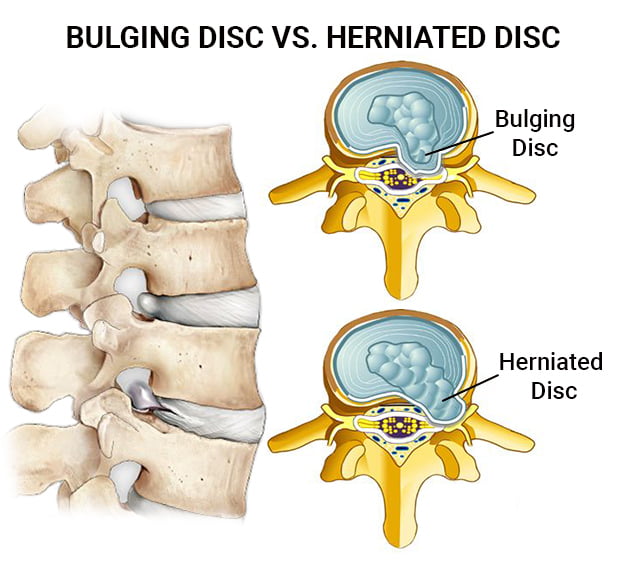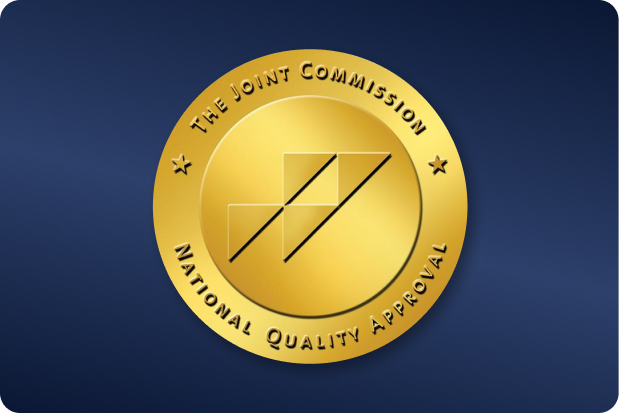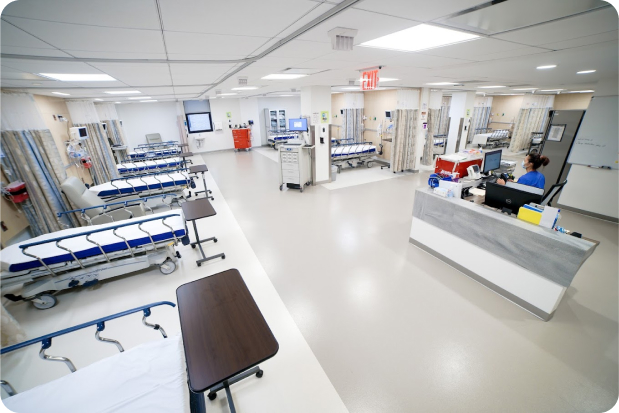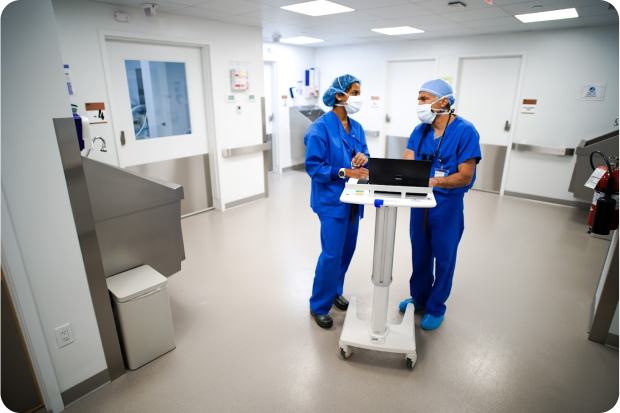 OUR LOCATIONS
Call to book 201.523.9590
OUR LOCATIONS
Call to book 201.523.9590
 OUR LOCATIONS
Call to book 201.523.9590
OUR LOCATIONS
Call to book 201.523.9590

A bulging disc is a condition that affects plenty of people around the world – and in most cases, can usually be treated once it’s diagnosed early enough. However, people who are often unaware of the risk or minimize a bulging disc may feel tempted to leave it untreated or let it resolve on its own, which can lead to bigger problems.
So what happens if a bulging disc goes untreated? Specifics will depend on the patient, but a bulging disc can quickly cause plenty of problems because of its possible effects on your spinal cord. Acute and chronic pain, complications like a slipped disc or a ruptured disc, and even an increase in the symptoms of other conditions like degenerative disc disease can all occur.
One of the key things to keep in mind about a bulging disc is that it’s similar to but not quite the same as a herniated disc. A good way to think about it’s that a bulging disc can be considered as the “previous” stage before a herniated disc.
Either way, these complications with your spinal discs can cause damage to the spinal nerve and might even damage the spinal disc itself – which is why it is important to get a diagnosis and treatment as soon as you start noticing symptoms.

In most cases, a bulging disc can be treated at home or with simple medications and bed rest. Unless it ruptures and the nucleus pulposus (the inner soft filling of a spinal disc) hits a spinal nerve, it’s usually fine to let a bulging disc recover by itself upon the advice of a doctor.
However, that doesn’t mean that a bulging disc can be free of complications. Some of the things to watch out for include:
Since a bulging disc is similar to a herniated disc (the difference is the contents of the disk haven’t slipped) a bulging disc can turn into a herniated disc if left untreated. This is particularly true for older patients, whose weakened cervical spine discs are more prone to injury.
Bulging discs that turn into herniated discs are a far more serious issue because of the increased treatment needed to manage their symptoms. While physical therapy can work as an option, a serious enough herniation might mean that you need herniated disc surgery to manage your condition.
The pressure that a bulging disc applies to your nerves can cause your nerves to misfire, especially if the area develops a pinched nerve. You can experience tingling, numbness, acute and chronic pain, and even nerve damage if your condition is left untreated.
In these cases, it’s crucial to get a rapid diagnosis and start with a treatment option as soon as possible. Even if minimally invasive spine surgery is used to manage your nerve symptoms, it’s possible to still experience severe nerve damage.
The spinal cord is the center of all your body’s nerves, which controls every part of your bodily functions. Bulging discs applying pressure to any part of your spinal column can interfere with functions like bladder control as your nerves continually misfire.
Loss of bladder control can be debilitating to anyone, but it can be especially difficult for older patients that may already have pre-existing conditions. This can make the quality of life dip significantly, and can even lead to other complications if left untreated.
Ideally, you should contact your doctor as soon as you notice any unexplained chronic or acute pain, especially if it originates around your lower back or is centered around your spinal column.
However, you can also start asking for a doctor to check you specifically for bulging discs if:
Patients with pre-existing conditions or risk factors like a family history of degenerative disc disease should also get themselves similarly checked out by their doctors.
In most cases, a bulging disc can be treated by your primary care physician, especially if it’s caught early and doesn’t cause a lot of pain, discomfort, or any other symptoms. In most cases, bed rest and medication should also help you self-manage a bulging disc at home.
However, consulting a specialist is still highly recommended just to see if your spinal health isn’t already at risk of developing more bulging discs or other similar conditions. It’s also a good idea to consult a specialist if the treatment prescribed by your primary doctor doesn’t bring you the relief that you’re looking for.
A disc bulge can often lead to more serious conditions if left untreated. The moment you start experiencing symptoms, it’s best to consult a doctor or a medical professional immediately. Doing this can not only avoid the severe pain or chronic pain of an injured disc, but it can also prevent you from resorting to surgical treatment in the future.
If you’ve recently suffered a disc injury or are concerned about issues like leg pain, neck pain, or lower back pain, contact The Spine and Rehab Group Today for a consultation. We specialize in various spinal treatments, including acute and chronic pain relief, herniated disc treatment, and management of disc degeneration symptoms. Schedule a consultation at one of our pain clinics today.



